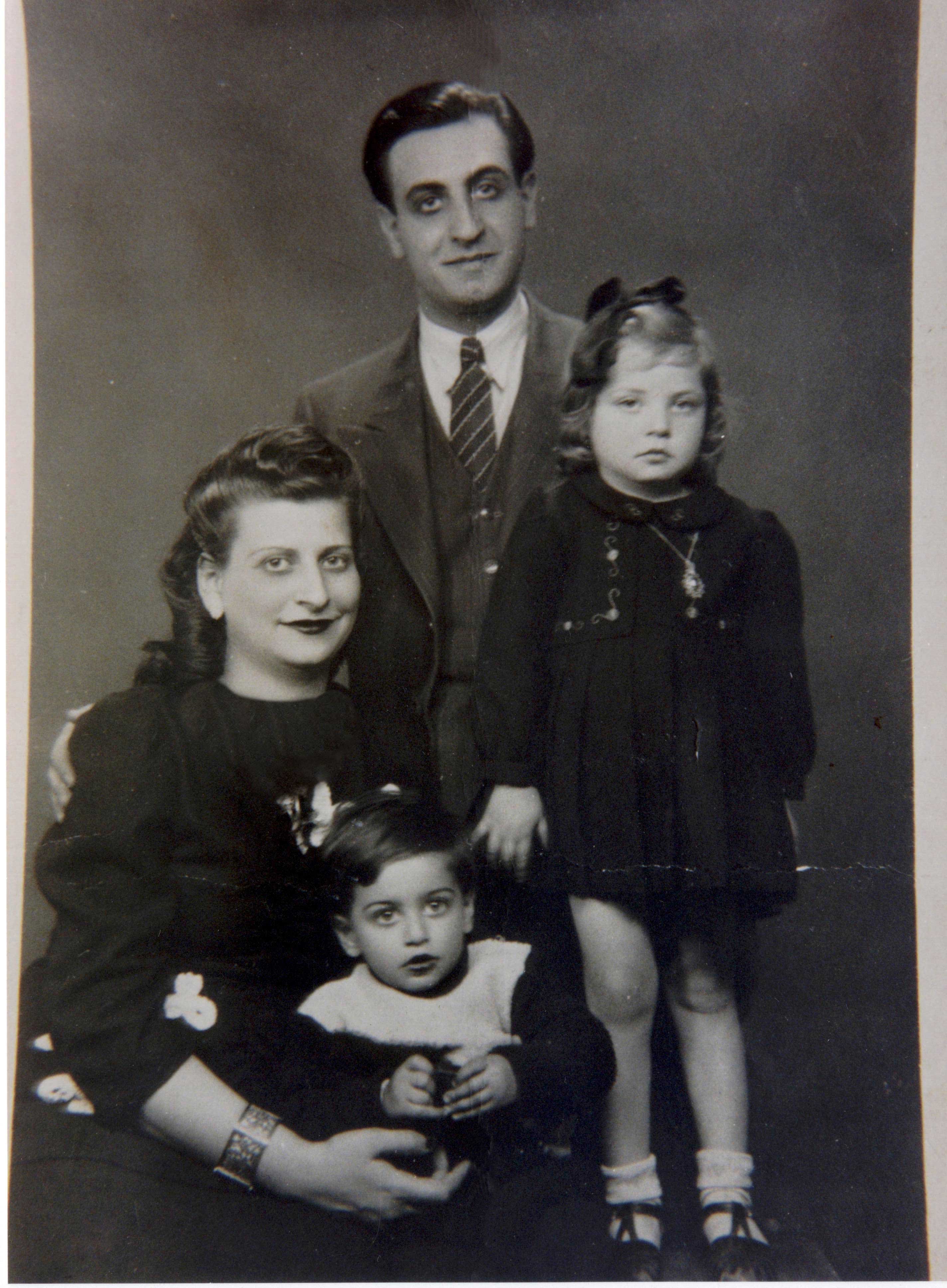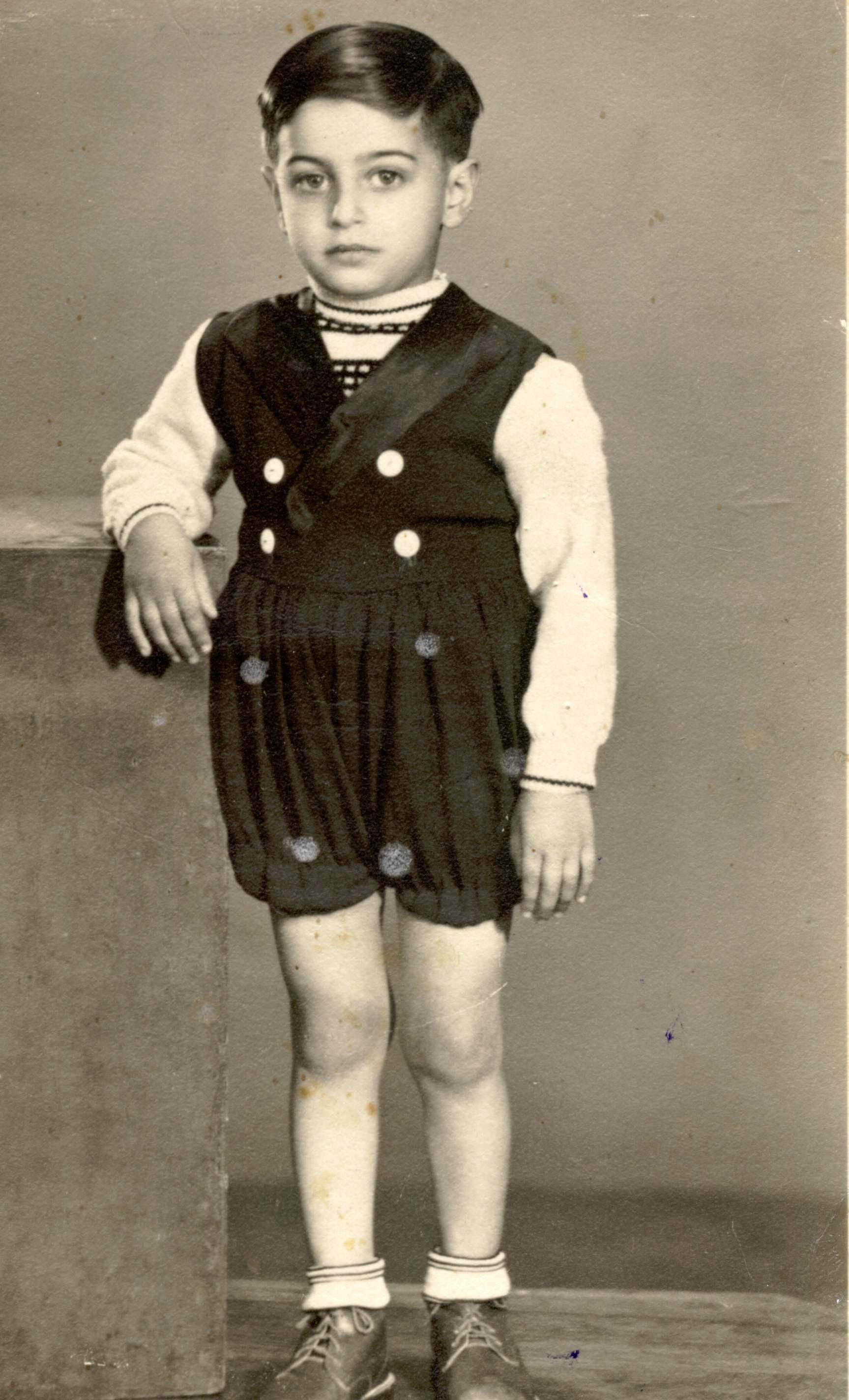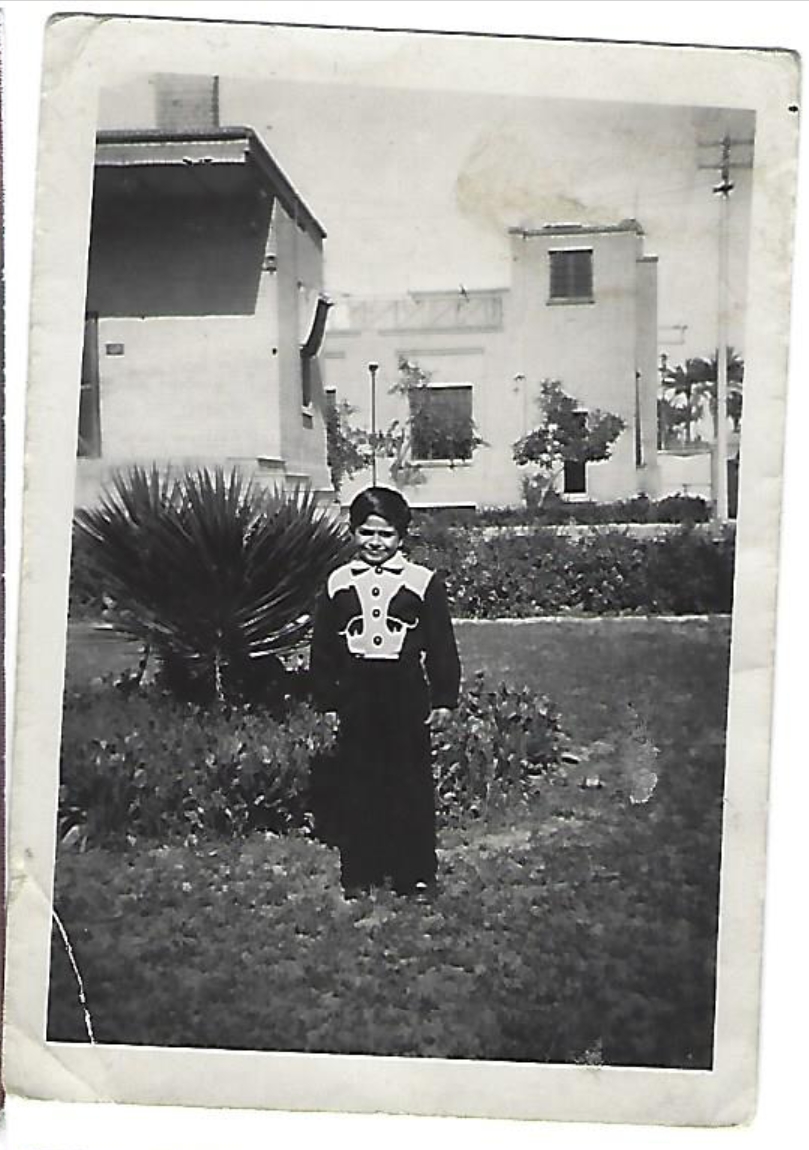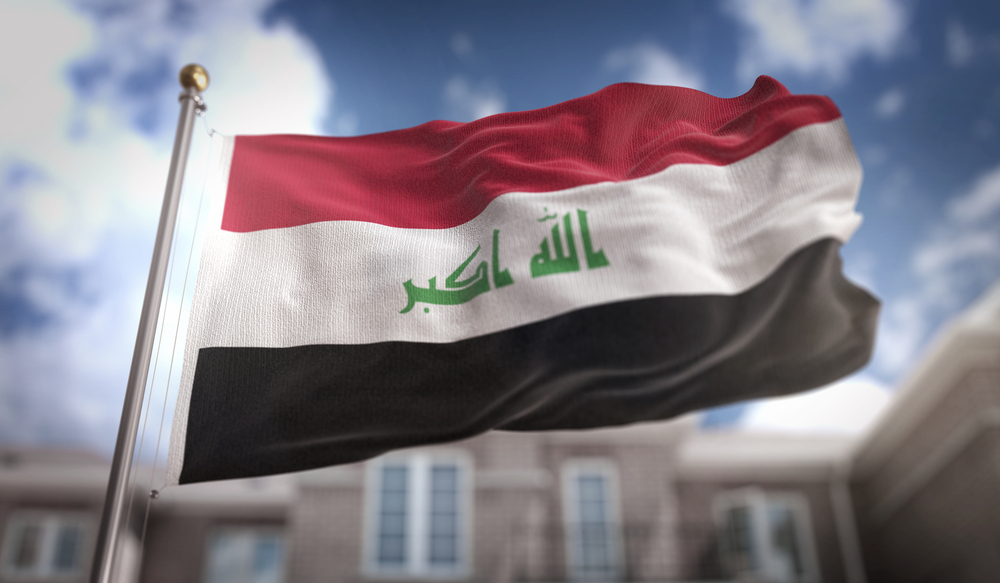The Last Witness of the Baghdad Synagogue Bombing: "I Saw the Bomb Stuck in the Power Lines"
He is the only remaining witness of the explosion at the Baghdad synagogue and still remembers the sight of the charred child and many injured. About 60 years later, Maurice Nissan recounts the horrific scenes that led to the immigration of 120,000 Iraqi Jews to Israel.
 In the circle: Maurice Nissan (background photo: shutterstock)
In the circle: Maurice Nissan (background photo: shutterstock)Iraq. What does this word mean to you, beyond wars, conflicts, and extreme Islam? For Maurice Nissan, Iraq reflects his childhood years, and he has many memories from that time.
"I was a six-year-old child," recounts Maurice. "We lived in Baghdad, right across from the Masouda Shemtov Synagogue, which was considered the largest synagogue in Iraq. I remember there were some years with a large immigration to Israel. Many Jews from our community packed everything and moved to Israel, and then suddenly, in the early 50s, the immigration stopped."
When Maurice is asked what led to this, he notes that harsh rumors came from the land, about the new Iraqi immigrants being accommodated in transit camps, and about enemies, mud, filth, lack of food, and the existence of an austerity regime. "People understood it wasn't worthwhile to move to the land, that it was better to remain here in Iraq and enjoy their very good situation."
Then, shortly afterward, something happened that changed the picture again. A grenade was thrown at the synagogue near Maurice's home. "I saw everything," he recalls that black day, and reconstructs: "I was on the first floor of our house when everything happened, but since in Iraq they built houses with high walls, I could see from the window everything that happened. I saw something being thrown, so I thought it was a bomb, I didn't know this was a grenade. The bomb I saw hit the power lines and then fell on the Jews standing in line near the synagogue, waiting for immigration approval to the land."

He will never forget the terrible sight: "Everything was in front of my eyes – the power lines snapped and fell, I saw a child completely charred, and another older man lying on the floor. I didn't understand that he was badly injured, but the bloodstains that reached our house proved a heavy disaster occurred. Later, it became clear that four people were killed in the explosion, including a twelve-year-old boy, and about twenty people were injured."
Do you have any idea who was responsible for the explosion?
"It's hard to determine with certainty, but from the very beginning, it was said that there's a connection between Iraqi Jewish emissaries sent by the Israeli government, who aided in the bombings. At that time, Ben-Gurion wanted all Iraqi Jews to come to the land, and indeed after the bombings, the number of immigrants to Israel increased miraculously. Personally, I am sure there's an Israeli connection to this event."

Like Returning from Babylonian Exile
From the moment the bomb was thrown at the Baghdad synagogue, the Jews understood they no longer had a place in Iraq. "Even my family decided to flee," says Maurice. "Until that day, we were very wealthy, since both my father and grandfather were engaged in fabric trade. Nonetheless, we left everything behind and made aliyah. There were also other Jews who simply fled. In a short time, about 120,000 Jews from Iraq arrived in Israel. This event didn't happen anywhere else in the world, with so many people immigrating at once. We felt it was like returning from the Babylonian exile."
Maurice remembers the first days of their arrival in the land: "When we landed in Israel, we exited the plane and kissed the ground. What excitement it was. For years we sat in Iraq by the banks of the Tigris River and talked about the Land of Israel, and suddenly we see it tangibly."
 Maurice Nissan as a child
Maurice Nissan as a childBut settling in the land wasn't easy at all. "For my family personally, there were properties in the land purchased in the 40s, but still, they didn't allow us to access them because they said, first of all, we must be in a transit camp, otherwise we wouldn't receive any rights, like food vouchers. So we lived in a transit camp for about two months. It wasn't easy at all; the days were full of rain, mud, and dirt. The moment we were allowed to leave the camp - we escaped from there."
In those days, there were other Iraqis leaving the camps. "Many families heard that the city of Jaffa was emptied by about 95% and they began to flock there en masse, settling in homes, and building new lives for themselves. We settled in Ramat Gan; there were many like us who came to live in the city. There was even a time we called Ramat Gan 'Kiryat Baghdad'."
Are there those who stayed in Iraq too?
"There are few who stayed there, even some of my family members, but they fled later. Today, almost no Jews remain there."
"We Were All Believers"
From a religious perspective, Maurice says that all the immigrants who arrived during those years from Iraq were Jews who observed the commandments. "We had no concept of 'religious' or 'Haredi', like in Ashkenazi Judaism. Everyone was a believer and observed the commandments. There were very few communist atheists, but they were hardly noticeable.
"Our situation in Iraq was very good," he emphasizes, "Many from the Jewish community reached high positions in government. Even our finance minister was Jewish. In general, Iraqi Jews were considered educated, and thus the moment we immigrated to the land, the state was very happy to employ us in various positions. Many became accountants and auditors; all the railway clerks at that time were Iraqis."
 Iraq flag (photo: shutterstock)
Iraq flag (photo: shutterstock)And how did you manage with the language?
"We all spoke excellent Hebrew since we studied Torah. We also received private lessons while living in Iraq. As a six-year-old child, I already mastered Hebrew; my nine-year-old sister knew Hebrew and Arabic fluently."
Unfortunately, Maurice notes that a large portion of the Iraqis who immigrated to the land at that time became desperately poor. "They left their properties behind, and if they couldn't integrate into jobs in the land, they had to continue living in the transit camps, in tents, and in dirt. My grandfather, for example, passed away a few years after making aliyah due to a heart attack. He found it difficult to cope with the drop in living standards and lack of work."
What still accompanies you from Iraq?
"My memories of sitting with my parents and family on the banks of the Tigris River, I also remember how my grandfather told me they used to travel to receive blessings from the Ben Ish Chai and were so excited about it. You have to understand that Baghdad was the spiritual center of the entire region those days, and we even had a rabbinical council, just like we have in the land today. Our spiritual lives were wonderful. To this day, I bless the 'green year' on Rosh Hashanah; I also strictly observe the chametz during Passover. I remember when we made aliyah to the land, we brought to my grandma and parents foods marked 'Kosher for Passover'. They almost fainted and told me never to show it again because during Passover we prepare everything ourselves. Meanwhile, days have passed and times have changed, not all customs from Iraq continue today, but there are things that can't be forgotten."

